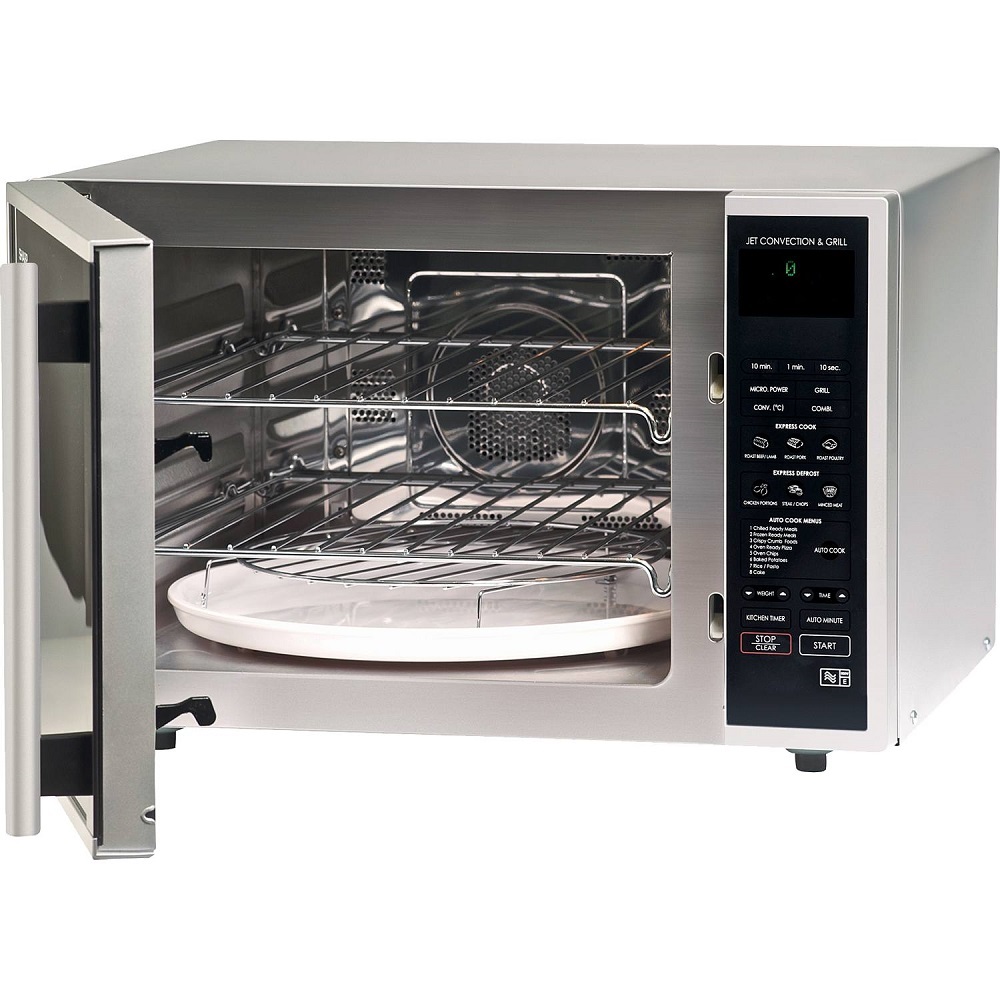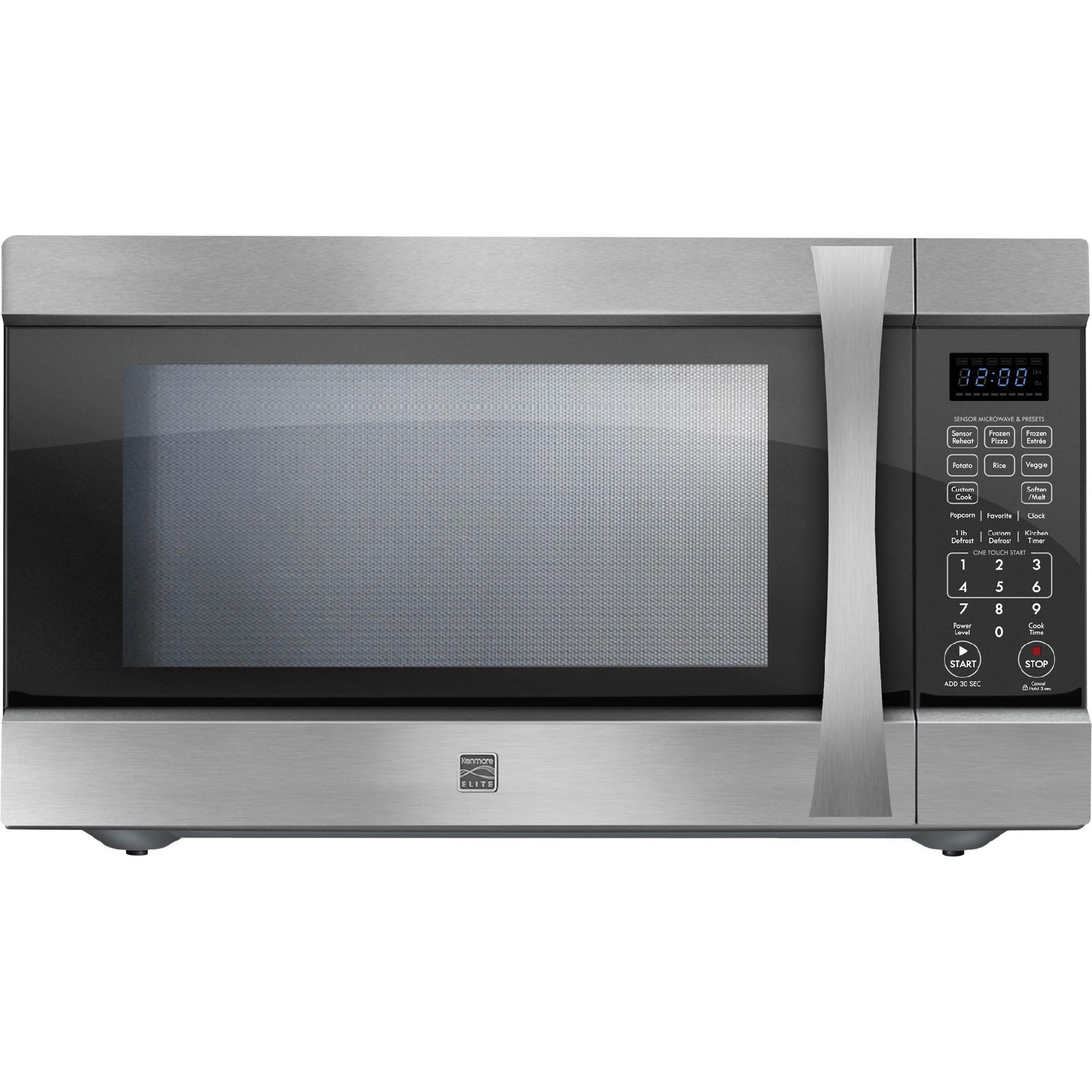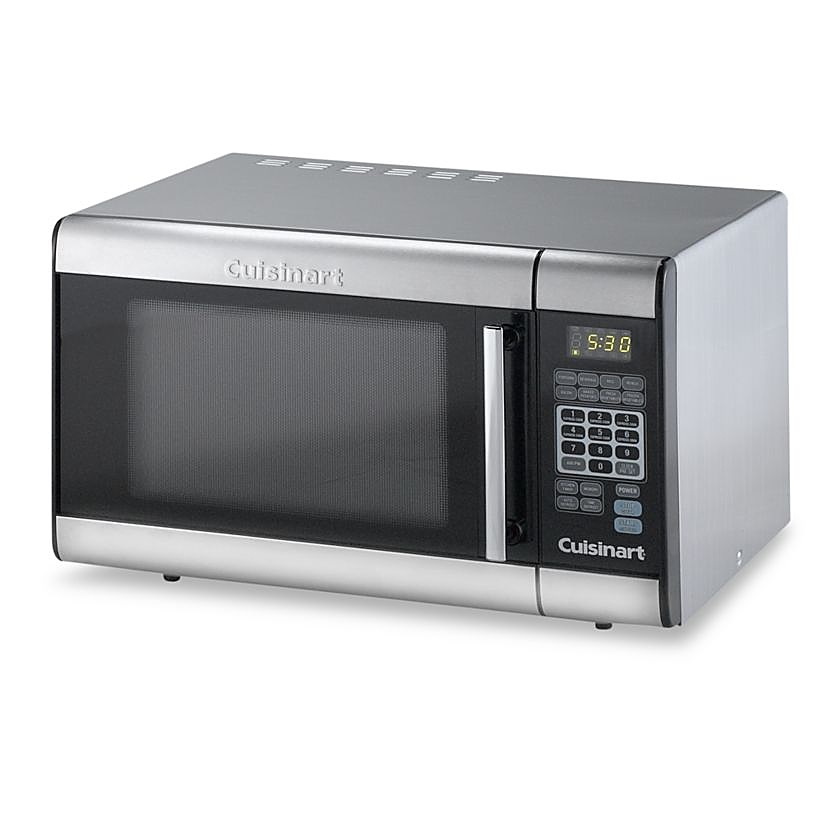Seeing your microwave spark can be alarming. You might wonder, Why is my microwave sparking? While microwaves are generally safe and efficient kitchen appliances, they can sometimes exhibit issues like sparking, which can pose potential hazards. This article delves into the various reasons behind microwave sparking, offering insights into what you can do to prevent it and maintain your microwave in top condition. Read on to uncover the causes and solutions.
Metal Objects and Foil
One of the most common reasons for microwave sparking is the presence of metal objects or aluminum foil inside the appliance.
- Metal Utensils: Placing metal utensils, bowls, or even twist ties can cause sparks. Metal reflects the microwave radiation, causing it to bounce around and potentially arc, which results in sparking. Always ensure that your microwave-safe label doesn’t just state “microwave-safe,” but explicitly indicates it can be used in a microwave.
- Aluminum Foil: While small pieces of aluminum foil can sometimes be used to shield parts of food from overcooking, using too much or placing it incorrectly can generate sparks. The edges of the foil can act like antennas, causing the microwave energy to concentrate and spark.
By avoiding the use of metal objects and being cautious with aluminum foil, you can significantly reduce the likelihood of sparking.
Damaged Waveguide Cover
The waveguide cover is an essential component that helps steer the microwave radiation into the cooking area but, if damaged, can lead to sparking.
- Burnt Food Residue: Over time, food splatters and grease can accumulate on the waveguide cover. If these residues burn, they can damage the cover, leading to sparking.
- Physical Damage: Any physical damage, such as cracks or holes in the waveguide cover, can also cause sparks. This damage allows microwave energy to leak out in an uncontrolled manner, leading to arcing and sparking.
Regularly check and clean the waveguide cover to ensure it’s free from food residue. Replace it immediately if you notice any damage.
Faulty Diode
A faulty high-voltage diode could be another reason why your microwave is sparking.
- Energy Conversion: The diode is responsible for converting alternating current (AC) to direct current (DC) to power the magnetron. If the diode is faulty, this conversion process gets disrupted, resulting in sparking.
- Increased Load: A malfunctioning diode can put an increased load on other electrical components, causing them to spark. If you notice consistent sparking along with other signs like the microwave not heating properly, the diode could be at fault.
Replacing a faulty diode usually requires professional expertise, so consult a technician if you suspect this issue.
Worn Out Rack Support
Many microwaves come with a metal rack for dual-level cooking, but if the rack support is worn out or damaged, it can cause sparking.
- Damaged Coating: The metal rack and its supports are typically coated with a protective layer. If this coating wears out or chips off, the exposed metal can cause sparks.
- Misalignment: Improperly placed or misaligned racks can also lead to sparking by creating points of high energy concentration.
Inspect the rack and its supports regularly for signs of wear and replace them if needed to avoid sparking issues.
Electrical Short Circuits
Electrical short circuits within the microwave can also lead to sparking.
- Wiring Issues: Frayed or damaged internal wiring can cause electrical shorts, resulting in sparks. These wiring issues can be due to wear and tear or manufacturing defects.
- Component Failure: Short circuits can also occur if internal components like the magnetron or capacitor are faulty. These components generate high voltage and, if defective, can cause sparks.
Diagnosing and repairing electrical short circuits should always be done by a qualified technician to ensure safety.
Burnt Microwave Plate
Sometimes, the microwave plate or turntable itself can cause sparking.
- Metallic Plates: Using cookware that is not microwave-safe, such as plates with metallic paint or edges, can result in sparking. These metals react with microwave radiation.
- Chips and Cracks: A chipped or cracked microwave plate can also cause sparking. The rough edges or cracks can create points where microwave energy concentrates.
Always use microwave-safe cookware and replace the plate if it gets chipped or cracked.
Magnetron Issues
The magnetron is the core component responsible for generating microwaves, and issues with the magnetron can lead to sparking.
- Aging Magnetron: Like all electronic components, the magnetron can wear out over time. An old or failing magnetron can cause uneven radiation distribution, leading to sparks.
- Filament Burnout: If the magnetron’s filament burns out, it can cause electrical arcing and sparking within the microwave.
Replacing a magnetron is a complicated task and usually requires a professional technician.
Improper Cleaning
Failing to clean your microwave regularly can also be a reason for sparking.
- Food Splatters: Food particles and grease can accumulate on the interior walls and ceiling of the microwave. When these residues heat up, they can cause sparks.
- Vent Blockages: Blocked vents can impede proper air circulation, causing the appliance to overheat and spark. Ensure the microwave vents are clean and unblocked.
Consistent and thorough cleaning can help prevent sparking and extend the life of your microwave.
Using Improper Cookware
The material and type of cookware you use can affect microwave safety.
- Metallic Decorations: Plates or cups with metallic decorations can cause sparking. Always opt for plain, unadorned microwave-safe dishes.
- Plastic Containers: Some plastic containers are not microwave-safe. They can melt and cause sparking. Use only containers labeled as microwave-safe.
Choosing the right cookware is a simple yet effective way to avoid sparking.
Moisture and Humidity
Excessive moisture inside the microwave can also be a factor.
- Condensation: If the microwave’s interior is consistently damp, it can create electrical arcs leading to sparking. This is common in humid environments.
- Leaky Containers: Using containers that leak can cause water to accumulate inside the microwave, leading to sparking issues.
Regularly wiping down the interior and ensuring containers are sealed can help mitigate this risk.
 Faulty Door Seal
Faulty Door Seal
The microwave door seal keeps the radiation contained within the appliance, but if the seal is faulty, it can cause sparking.
- Worn Seal: Over time, the door seal can wear out, leading to gaps where microwave radiation can escape and cause sparks.
- Improper Closure: Ensure the door closes properly. If it doesn’t latch well, it can lead to arcing and sparking.
Inspecting and maintaining the door seal can prevent these issues effectively.
DIY Solutions and Professional Help
While some sparking issues can be resolved with DIY solutions, others require professional help.
- Clean Regularly: One quick DIY solution is cleaning your microwave regularly, ensuring all residues and splatters are removed.
- Inspection: Regularly inspect the waveguide cover, racks, and the interior for any signs of wear or damage.
- Professional Help: If you suspect issues like a faulty diode or magnetron, it is best to seek professional assistance to ensure safe and proper repairs.
Knowing when to address issues yourself and when to call a professional can save you time and ensure your microwave’s safety.
Conclusion
Understanding the answer to the question, Why is my microwave sparking?, involves recognizing multiple factors, from the presence of metal objects and damaged waveguide covers, to faulty electrical components and improper cleaning. This comprehensive guide has highlighted the various causes and provided practical solutions to address and prevent sparking issues. By keeping your microwave clean, using the right cookware, and regularly inspecting its components, you can enjoy a safe and efficient experience with this indispensable kitchen appliance. If unsure, always consult a professional to diagnose and resolve any complex issues. Ensuring your microwave operates safely and efficiently can save you from potential hazards and costly repairs.



